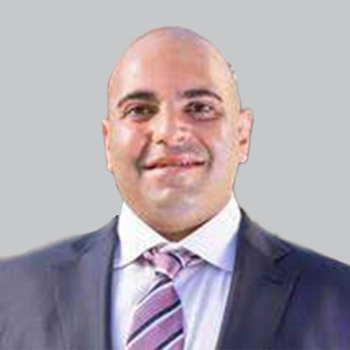
For pediatric patients with LVO, 4 out of 5 fulfilled adult thrombectomy selection criteria, aside from age.

For pediatric patients with LVO, 4 out of 5 fulfilled adult thrombectomy selection criteria, aside from age.

Expert neurologist and sleep specialist Chris Winter, MD, provides a practical outlook on the identification and management of narcolepsy and excessive daytime sleepiness.
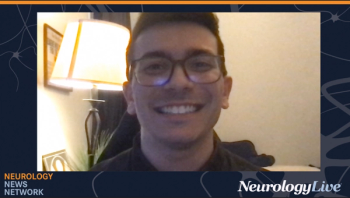
Neurology News Network for the week ending February 12, 2022. [WATCH TIME: 3 minutes]

Although we have entered the age of genetically targeted therapies in the neuromuscular clinic, there are many unresolved clinical, economic, and ethical questions that require extensive further research.

Take 5 minutes to catch up on NeurologyLive®'s highlights from the week ending February 11, 2022.

The CMO of the digital wellness studio spoke on the options to personalize training curricula for patients with Parkinson disease. [WATCH TIME: 4 minutes]

Investigators found that increased age, greater initial NIHSS score, arrival by EMS, and shorter time to ED arrival all contributed to increased treatment rates.
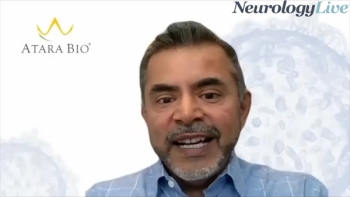
The chief medical officer at Atara Biotherapeutics discussed the investigational agent ATA188, its mechanism to treat multiple sclerosis, and what to look for in its upcoming EMBOLD trial data readout. [WATCH TIME: 4 minutes]

Mind Moments®, a podcast from NeurologyLive®, brings you an exclusive interview with Dhanashri P. Miskin, MD. [LISTEN TIME: 39 minutes]
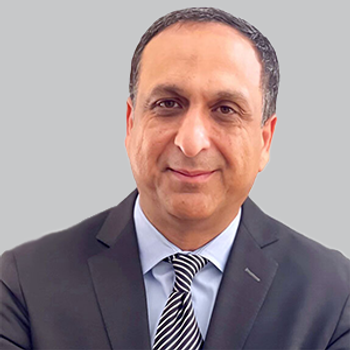
Hamid Khoja, PhD, chief scientific officer of FibroBiologics, spoke on the development and studies of CYMS101, which the company anticipates evaluating in a larger clinical trial in 2023.
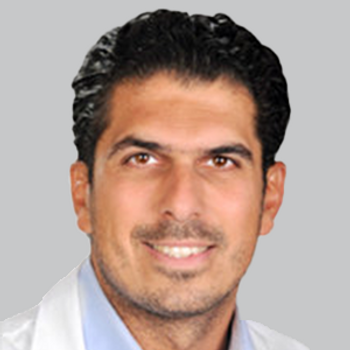
When compared with warfarin, treatment with DOACs was associated with a favorable safety profile, as well as similar clinical and radiographic outcomes in patients with cerebral venous thrombosis.
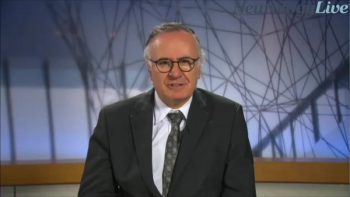
The director of Cleveland Clinic’s Epilepsy Center provided insight on a new 20-year initiative to uncover more about the origins of neurological diseases and how they occur prior to symptom onset. [WATCH TIME: 3 minutes]

The artificial neural network demonstrated an area under the precision-recall curve of 0.92 with recall of 0.72 with precision of 0.39 during testing, all values that were greater than classic regression models.

The chief medical officer of Prime PD spoke on motivations behind the development of the program and the unique benefits it offers amidst the ongoing COVID-19 pandemic. [WATCH TIME: 3 minutes]

After small studies suggested eptifibatide may be safe in acute ischemic stroke, new data showed similar rates of ICH between study drug and controls, but increased PH-2 for those treated with the antiplatelet.

Results from the retrospective chart review were presented at the 2020 International Stroke Conference, held in New Orleans and virtually.
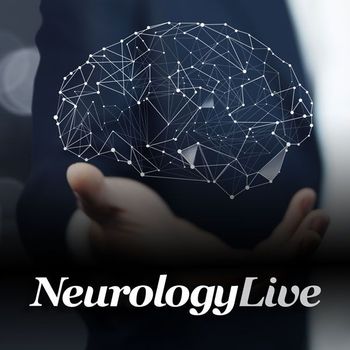
Relative to pre-pandemic era, the odds of mortality in stroke-related admissions increased during the pandemic, with an even greater risk for those less than 70 years of age.
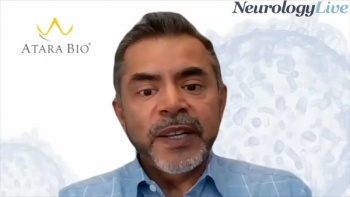
The chief medical officer at Atara Biotherapeutics detailed the clinical significance of a recently published paper in Nature that adds to the evidence that Epstein-Barr virus is the leading cause of multiple sclerosis. [WATCH TIME: 3 minutes]

Almost 40% of the studies assess did not report racial or ethnic subgroup data. Geographically, there was a slight increase in the number of South American-based phase 3 DMT trials and almost little-to-no improvement in the phase 3 DMT studies based in Africa.

Discussing data from an early safety study, the chief scientific officer of FibroBiologics commented on the benefits of a staggered approach to their clinical research in multiple sclerosis. [WATCH TIME: 5 minutes]

The director of Cleveland Clinic’s Epilepsy Center discussed the new Cleveland Clinic Brain Study, which will evaluate predisease fingerprints from patients who go on to develop neurological disorders.

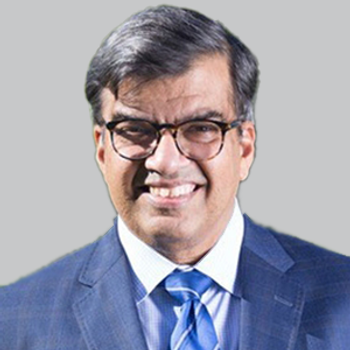
FORTIS (NCT04174105) is a first-in-human study, enrolling 4 participants with late-onset Pompe disease to assess the Astellas Pharma therapy.
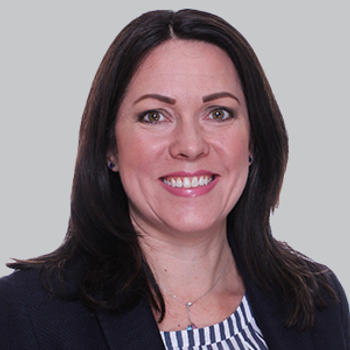
Having recently been awarded a grant from the Michael J. Fox Foundation, Mary Hamby, PhD, VP of research at Cognition Therapeutics, and Lisa Ricciardi, the company’s CEO, sat down to discuss the potential disease-modifying effects for this patient population.

The chief scientific officer of FibroBiologics discussed the benefits of fibroblast cell technology for this patient population, particularly the absence of adverse effects. [WATCH TIME: 3 minutes]
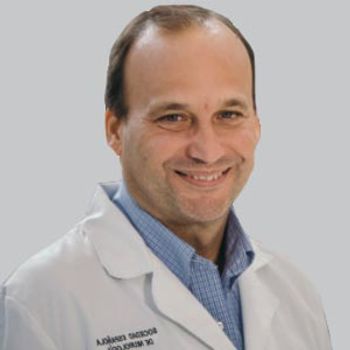
Relative to other PD-related genetically associated groups, only those with LRRK2-associated PD demonstrated a significantly increased risk of stroke compared with controls.
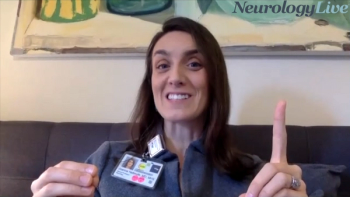
The cognitive neurologist at the University of California San Francisco discussed the need to continue research on why patients develop cognitive changes following COVID-19 infection and how clinicians can care for them. [WATCH TIME: 4 minutes]
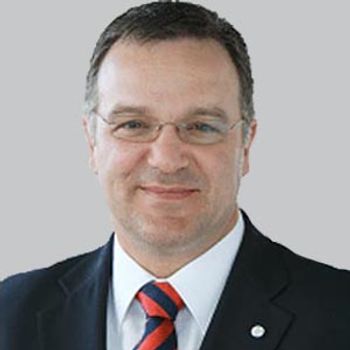
In previous phase 1 settings, CY6463 has demonstrated an impact on biomarkers relevant to neurodegeneration and cognitive impairment.

This was the first study to demonstrate a preventive treatment signal in migraine when an approved oral CGRP receptor antagonist is dosed as needed for the acute treatment of migraine.
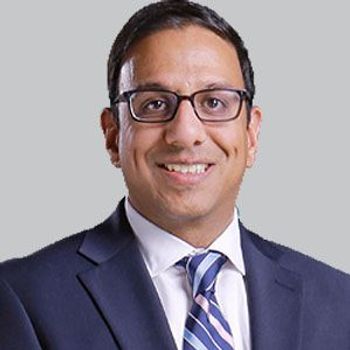
In addition to those with MS, the approval also indicates the formulation for the treatment of patients with spinal cord injuries and other spinal cord diseases.